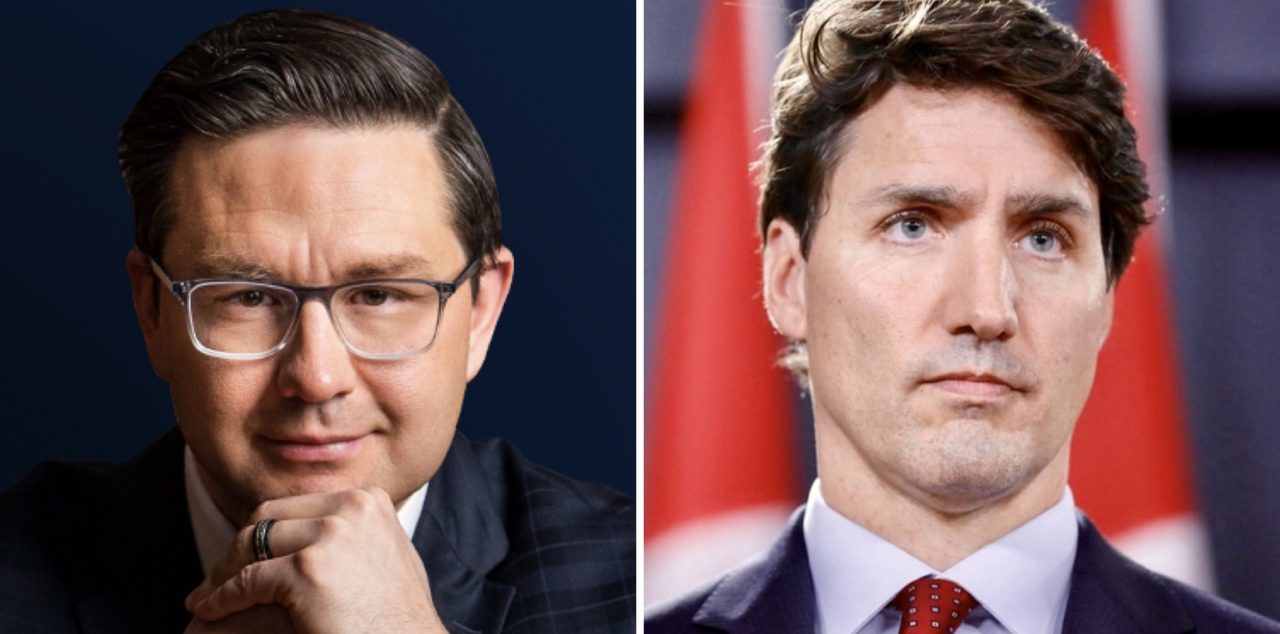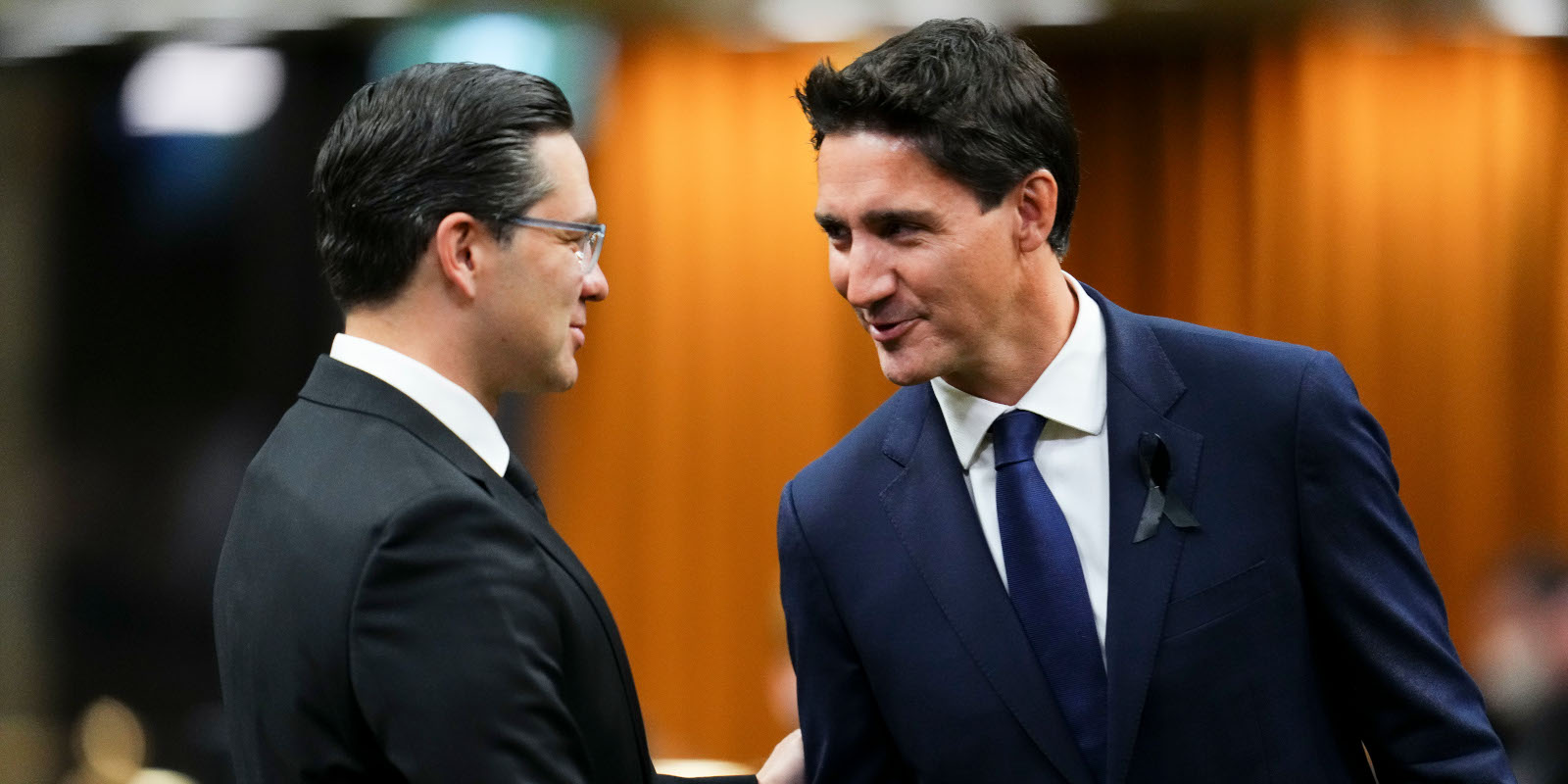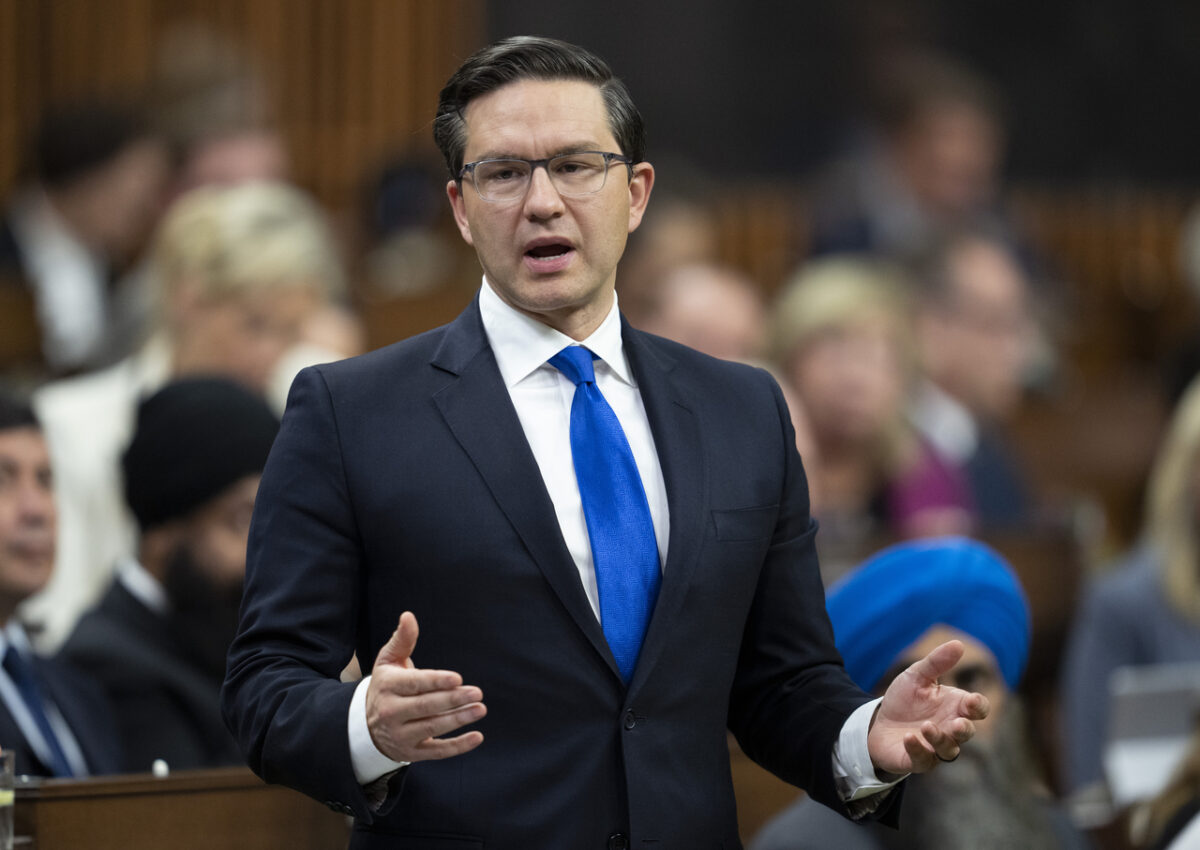Poilievre says House should be recalled as NDP vows to vote down the motion – this political showdown pits Conservative leader Pierre Poilievre against the NDP, creating a significant hurdle in Parliament. Poilievre’s call for a recall stems from [briefly state his main reason, e.g., concerns over government handling of a specific issue]. The NDP’s opposition, however, is rooted in [briefly state their main reason, e.g., concerns about setting a precedent or procedural issues].
This clash highlights deeper divisions within the Canadian political landscape and raises questions about parliamentary efficiency and accountability.
This article delves into the specifics of Poilievre’s request, examining his justifications and comparing them to his past positions. We’ll analyze the NDP’s counterarguments and explore the potential consequences of their decision. We’ll also examine public opinion, media coverage, and the perspectives of other political parties to provide a comprehensive overview of this evolving political conflict.
Poilievre’s Call for a Parliamentary Recall and the NDP’s Response
Pierre Poilievre’s recent request for a recall of the Canadian House of Commons, met with a swift rejection from the NDP, has ignited a significant political debate. This article examines the context, justifications, and potential consequences of this clash, analyzing public reaction, media coverage, and alternative perspectives.
Poilievre’s Call for Recalling Parliament, Poilievre says House should be recalled as NDP vows to vote down

Poilievre’s demand for a parliamentary recall stems from his belief that urgent matters require immediate attention from the House. He likely cites specific policy failures or controversial government actions as justification for this extraordinary measure. While the precise reasons may vary depending on the specific context, it’s typical for such calls to involve pressing issues like economic crises, significant policy changes, or major national events demanding immediate legislative response.
So, Poilievre’s pushing for a House recall, but the NDP are planning to shoot it down. It’s a pretty heated political battle, but hey, at least there’s some good news: check out how Patrik Laine scored again, leading the Canadiens to victory over the Red Wings! Patrik Laine marque encore et le CH l’emporte face aux Red Wings It’s a win for hockey fans, even if the political drama continues.
The House recall vote is definitely going to be interesting to watch.
Historical examples of similar calls, although rare, might include responses to sudden economic downturns or national emergencies. Comparing Poilievre’s current stance with his past positions requires examining his past voting records and public statements regarding parliamentary procedure and the use of recall mechanisms. A shift in his approach might indicate a change in political strategy or a response to evolving circumstances.
NDP’s Vow to Vote Down the Recall
The NDP’s opposition to the recall likely arises from a combination of factors. They may argue that the issues raised by Poilievre are not urgent enough to warrant disrupting the parliamentary schedule, or they may believe that the proposed solutions are insufficient or impractical. The political implications of the NDP’s decision are substantial, potentially affecting their public image and relationship with other parties.
Historically, votes against recalling parliament have been infrequent and usually tied to assessments of the urgency and legitimacy of the reasons cited. Alternative solutions proposed by the NDP might involve establishing a parliamentary committee to investigate the issues, accelerating the legislative process for relevant bills, or utilizing other existing mechanisms for addressing the concerns.
So, Poilievre’s pushing for a House recall, but the NDP are planning to vote it down. It’s a pretty heated political situation, a stark contrast to the heartwarming news that broke – check out this awesome photo of Paul McCartney reuniting with Ringo Starr during his London tour stop: Paul McCartney reunites with Ringo Starr during London tour stop.
Anyway, back to the political drama; the vote is shaping up to be a real showdown.
Public Reaction and Media Coverage
Public opinion regarding the recall debate is likely divided, reflecting the broader political polarization in the country. Polling data and social media sentiment analysis could reveal the level of support for Poilievre’s call and the NDP’s opposition. A timeline of major media coverage would illustrate the evolution of the narrative and the changing focus of the debate. Different news outlets may frame the issue through different lenses, potentially highlighting different aspects of the story and influencing public perception.
| News Outlet | Perspective | Tone | Framing |
|---|---|---|---|
| Example News Outlet 1 | Supportive of Poilievre | Critical of the NDP | Focus on urgency of the issue |
| Example News Outlet 2 | Neutral | Objective | Balanced presentation of both sides |
| Example News Outlet 3 | Critical of Poilievre | Skeptical | Emphasis on political maneuvering |
| Example News Outlet 4 | Supportive of the NDP | Positive | Highlighting alternative solutions |
Potential Impacts and Consequences

The short-term consequences of not recalling the House might include a delay in addressing the issues raised by Poilievre, potentially leading to further public discontent. Long-term implications could involve increased political gridlock, damage to inter-party relations, and a decline in public trust in political institutions. This event could set a precedent for future parliamentary proceedings, potentially influencing how similar situations are handled in the future.
The impact on public trust depends on the perceived legitimacy of the arguments on both sides and the overall handling of the situation by the government and opposition parties.
Alternative Perspectives and Analysis

Other political parties will likely take stances ranging from strong support for Poilievre’s call to outright rejection, mirroring their existing political alignments. The legal ramifications of the situation are relatively straightforward, centered around the established parliamentary procedures and constitutional frameworks governing the recall of the House. Expert opinions from political scientists and constitutional law experts could offer valuable insights into the implications of this political standoff.
Several potential scenarios and their likely outcomes can be Artikeld.
- Scenario 1: Compromise is reached, leading to a modified approach to addressing the issues.
- Scenario 2: The standoff continues, resulting in prolonged political gridlock.
- Scenario 3: Public pressure forces a reconsideration of the decision by one or both parties.
Visual Representation of the Situation
An infographic illustrating the key players and their positions could utilize a visual hierarchy, with Poilievre and the NDP leaders prominently featured, and other parties represented in a smaller scale. Arrows could connect the key players to their respective positions, clearly showing the lines of conflict and support. Data on public opinion polls and media coverage could be incorporated using charts and graphs.
A political cartoon might depict Poilievre banging on the doors of Parliament, while NDP figures are shown either ignoring him or actively barring his entry. The symbolism would highlight the power dynamic and the refusal of the NDP to accede to Poilievre’s demands.
The political battle over recalling Parliament, ignited by Poilievre’s demand and the NDP’s subsequent rejection, reveals a significant power struggle and raises serious questions about the effectiveness of Canada’s parliamentary system. The outcome will likely shape future political strategies and influence public trust in government. Whether this leads to compromise, further political gridlock, or a shift in public opinion remains to be seen.
The stakes are high, and the coming weeks will be crucial in determining the long-term consequences of this conflict.
Essential Questionnaire: Poilievre Says House Should Be Recalled As NDP Vows To Vote Down
What are the potential legal ramifications of this situation?
There’s no clear legal precedent for forcing a recall. The legality hinges on parliamentary convention and interpretation of relevant constitutional provisions. Legal experts are divided on the matter.
What are some alternative solutions proposed by other parties?
Other parties might suggest alternative methods to address Poilievre’s concerns, such as special committee hearings or debates on the specific issues he raised, rather than a full recall.
How could this impact public trust in government?
Depending on how the situation is handled, it could either erode or strengthen public trust. If seen as a power struggle, it could damage public confidence. If a solution is found, it could boost public confidence in the system’s ability to resolve disputes.